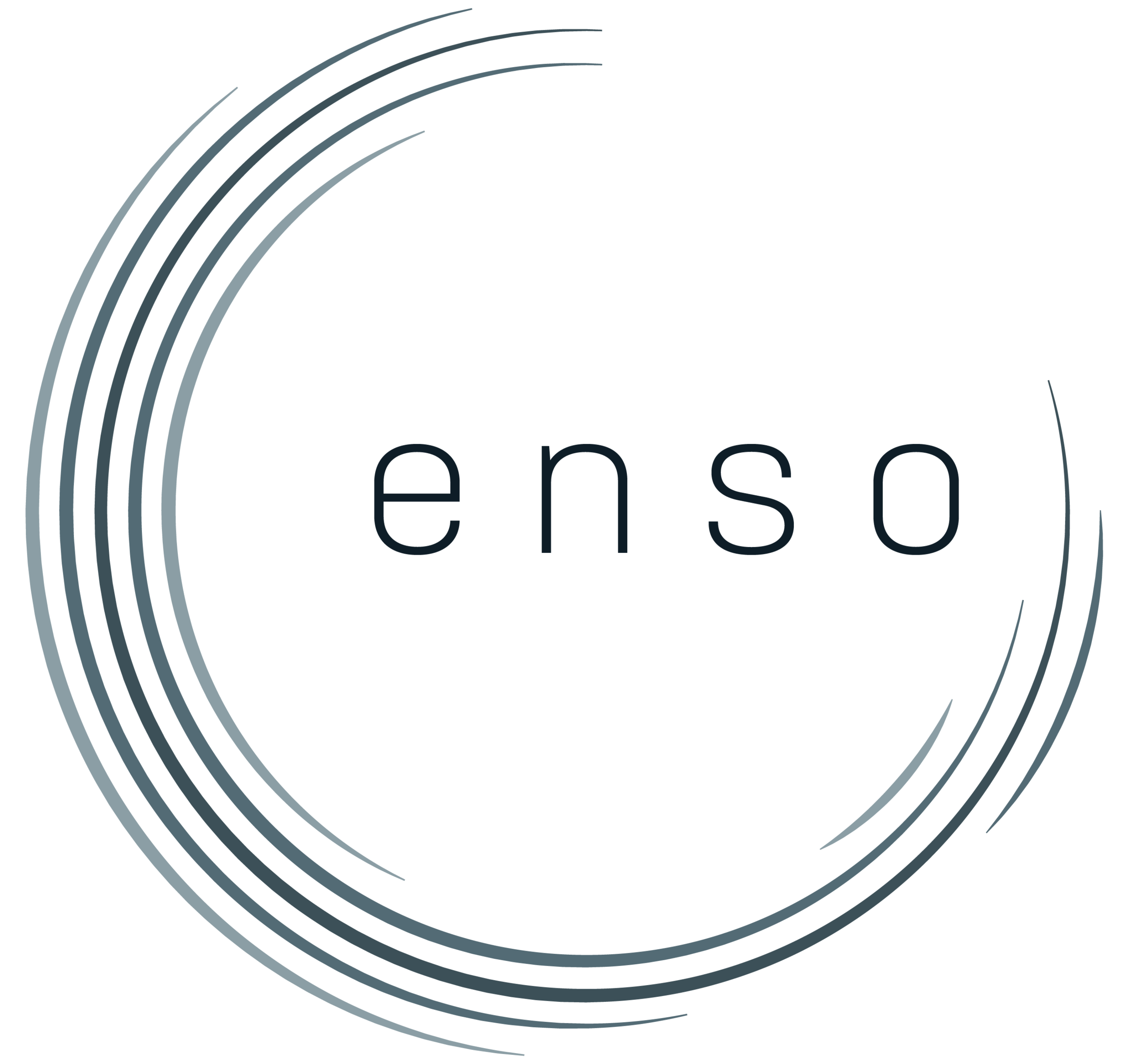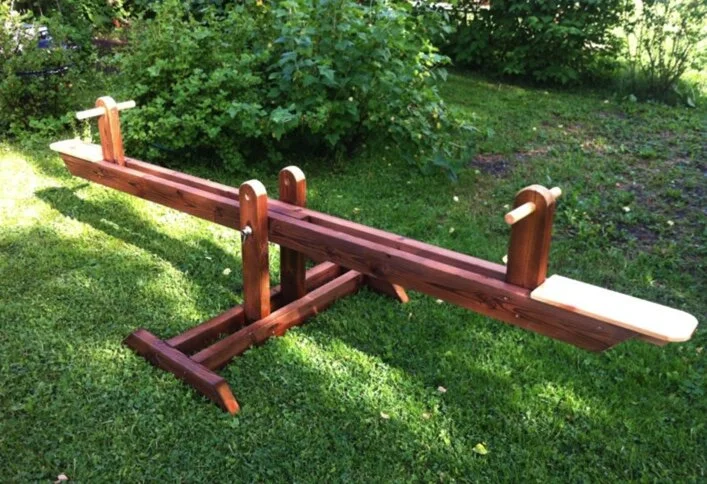Practice or Habit?
Practice or Habit?
There is a fine balance between establishing a practice and adopting a new habit. What is the difference? Is one better than the other?
Habit
“an acquired mode of behavior that has become nearly or completely involuntary”
Hence habits are somewhat unconscious acts. They serve us well in some ways in adopting routines, schedules and keeping in sync with behaviours that seemingly may need very little awareness-brushing teeth, taking a shower, making coffee. When learning a new skill, we go through levels of competence. Habits may be at the unconsciously competent level.
When we act from an unconsciously competent state, we are able to perform tasks and activities with ease- driving a car, skiing down a hill, passing a volleyball, swinging a golf club and so on.
Habits can also be annoying and keep us stuck in behaviours that may not serve us well--biting nails, eating fast and mindlessly, drinking, smoking—again, unconsciously competent.
Practice:
“suggests an act or method followed with regularity and usually through choice.”
In order to have choice, there needs to be awareness to what we have choice in. Adopting a practice is a conscious act. We gain or regain awareness to our body cues, our breath, our mind, (yes, our monkey mind too), our feeling states, our interactions with people, connection with nature and being present. The habit of brushing your teeth becomes a practice when you pay attention and presence yourself in the activity…the taste of the toothpaste, noticing each tooth, aware of your feet in front of the sink and so on. Getting up each morning to meditate is a habit. Bringing attention to the breath, the way the hands are placed, the feel of the chest moving, the air across the nostrils…noticing— makes it a practice.
When relating practice and habit to self-care, we can refer to this definition by Orem, a nursing theorist:
Self-care is defined as “
Self-care:
the practice of activities that
individuals initiate and
perform on their own behalf
in maintaining life,
health, and well-being.”
What I like about this definition, is it defines self-care as a practice.
As a practice then, it requires consciousness. It requires an awareness of Being. When we bring consciousness to our whole being, we start paying attention to what will nourish and nurture us in the moment. This may help us discern the thoughts that keep us in ‘story’ of why we can’t take care of ourselves. The stories of:
‘I am too busy’
‘it is selfish of me to put myself first’
‘I don’t deserve this’
‘I can’t afford it’
‘My kids comes first’
‘My partner comes first’
‘I have to work an extra hour’
“I don’t have time”
“They can’t run it without me”
“I don’t deserve it”
It’s time to revolutionize self-care.
Imagine a teeter totter. The platform represents your truest self. At one end of the teeter totter is Self, and opposite end is Other. When in balance, we harmonize care of self with care for others. Self-care is All Care.
The fulcrum is a balanced joy bucket of self-care practices.
The shallow part of the joy bucket is what I would call Self-care: Skimming the Surface. This may include activities that fuel us momentarily and feel good in the moment: facials, baths, pedicures, glass of wine and more of the modern day image of self-care.
Self-care- The Deep Dive, is engaging in practices the bring awareness to body, mind, heart and soul-complete well-being. It requires a mindset shift of bringing attention to our breath, being an observer of our mind, becoming emotionally agile, surrendering to what is, letting go of or reframing limiting beliefs, nourishing and nurturing ourselves and being in connection with nature.
“We live because everything else does”
~Richard Wagamese
Self-care-At the Core, at the depth of our being, is really about self-worth. Am I worthy to honour and care for myself? Do I value myself enough to take care of the only body, mind, heart and soul I have? Am I worthy of joy and ease in my life?
The answer is YES. You are worth it. And so are those you care for, serve, and engage with.
Self-care is the antidote to burnout. Emotional exhaustion is the crux of burnout. Physical weariness is easily fixed with rest. We tend to listen really well when our physical body needs rest. We sleep. But emotional weariness is more difficult to pinpoint, articulate and soothe…mainly because we haven’t treated all emotions as honoured guests. We reach for numbing and temporary ‘feel’ good options. The self-care-skimming the surface activities give us temporary relief. We feel good in the moment but it wanes quickly.
The deep dive is not easy work, but it is worthwhile work. This is our pathway to sustainable self-care and takes us beyond resilience. Resilience is about bouncing back, which we need to do. But to deeply and truly care enough about ourselves to nourish the one and only being we are charged with, is to wake with joy and purpose, live with ease even in chaos. Shifting the conversations you have with yourself begins with small ‘shades of change’. Noticing subtle cues, aware of choices and having a compassionate conversation with yourself is the first dip to the deep dive. It is a liberating act of kindness to yourself, and ultimately for others.
“Only after regaining awareness of Being, liberated from Mind and intensely in the Now, is there Enlightenment. " (Ekhart Tolle)
What will nourish and nurture you in this moment?
Dori Howard, is Founder and Chief Experience Officer of enso Learning & Retreats
Coach | Facilitator | Brave Spaceholder for Transformation



